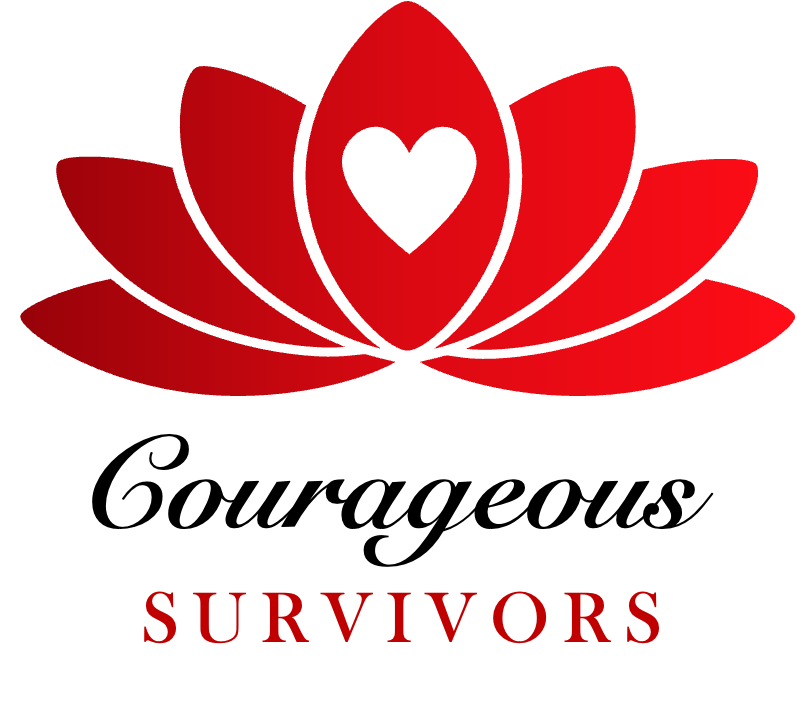Thoughts during SAAM
By Janet Bentley
April is Sexual Assault Awareness Month
Whatever the nature and scope of your trauma, this is a good time to remind yourself that you are not alone.
Definitions
All you need to do is a search on Google to discover the many differences between Sexual Abuse and Sexual Assault. What I have come to understand is the following (and, by no means, the only definitions).
Sexual Abuse is a sexual crime that is either continuous or has the intention of causing discomfort or pain, physically or emotionally. These crimes often take place within a power dynamic that is unequal, such as adult and child or adult and elderly person. Therefore, the term “sexual abuse” is often the one used to describe sexual crimes against children. These crimes do not always involve physical contact. Adults who make sexually inappropriate comments to children, take sexual photos of children, or force children to watch sexual acts are a few examples. Trafficking could also feasibly be defined as abuse.
Sexual Assault is defined by the Department of Justice as “any type of sexual contact or behavior that occurs without the explicit consent of the recipient”. That means that if anyone has performed any sex act on you that was not consensual, it is sexual assault. It can be either premeditated or unexpected, violent or non-violent. It also includes acts where the individual was not able to consent for any reason. If a person was asleep, drunk, or disabled beyond the ability to consent clearly, it is sexual assault. Rape is a type of sexual assault.
Self-care
Although sexual abuse and sexual assault are traumatic and life altering experiences, recovery is possible. A compassionate therapist can often help a survivor move through the various stages of healing. There are many trauma therapy modalities and often a combination of strategies will help. My experience has been that there is no timeline for recovery. It is very individual, and it has been most helpful to practice self-care and to use self-compassion towards myself. If you heal quickly, it doesn’t make the assault any less serious. Neither are you “weak” if you take a long time to heal. No one else can tell you the right way to feel for your situation.
How to support a survivor
Sexual abuse and assault are delicate subjects to talk about. If you have a loved one who has experienced this, you may not know how to talk about it with them. Here are just a few tips that, as a survivor, I know to be helpful.
It takes a lot of courage to reach out for support. Believe the person who tells you they were abused or assaulted. Due to stigma, sexual crimes are underreported. People often fear that they will encounter victim blaming. If someone has told you their story, they likely trust you a lot. False reports of sexual crimes are very rare. The rate of false reports of sexual crimes are vastly lower than of other crimes.
Be mindful of your language. Jokes about rape minimize the trauma of sexual assault. They may also trigger a flashback or a panic attack in a survivor. Follow their lead. I use the word ‘survivor’ a lot but not everyone wants to be called that. Some people prefer to be called ‘victims’ feeling that the word ‘survivor’ is patronizing. The most important thing, though, is to not try and be a ‘perfect’ support and to use compassion and understanding.
Offer continuing support. Social support can help a loved one feel less isolated or hopeless. Survivors often blame themselves for the abuse, especially if they knew the offender or took a while to report. There is often a fear of retaliation, and extreme shame.
Remember that as a friend or family member, it is not your responsibility to treat a survivor’s trauma.
Conclusion
Sexual abuse and assault leave lasting scars. Recovery may take longer than you expect. It has for me. However, I have found that as I continue this journey of healing, I do not remain in the same place as when I started. That brings me hope. I sometimes need to look backwards to give myself credit for all the progress I have made since I began. Just as life is a journey, so is healing from sexual abuse and assault. I get to enjoy the moments along the way that bring me happiness and peace. So can you.
